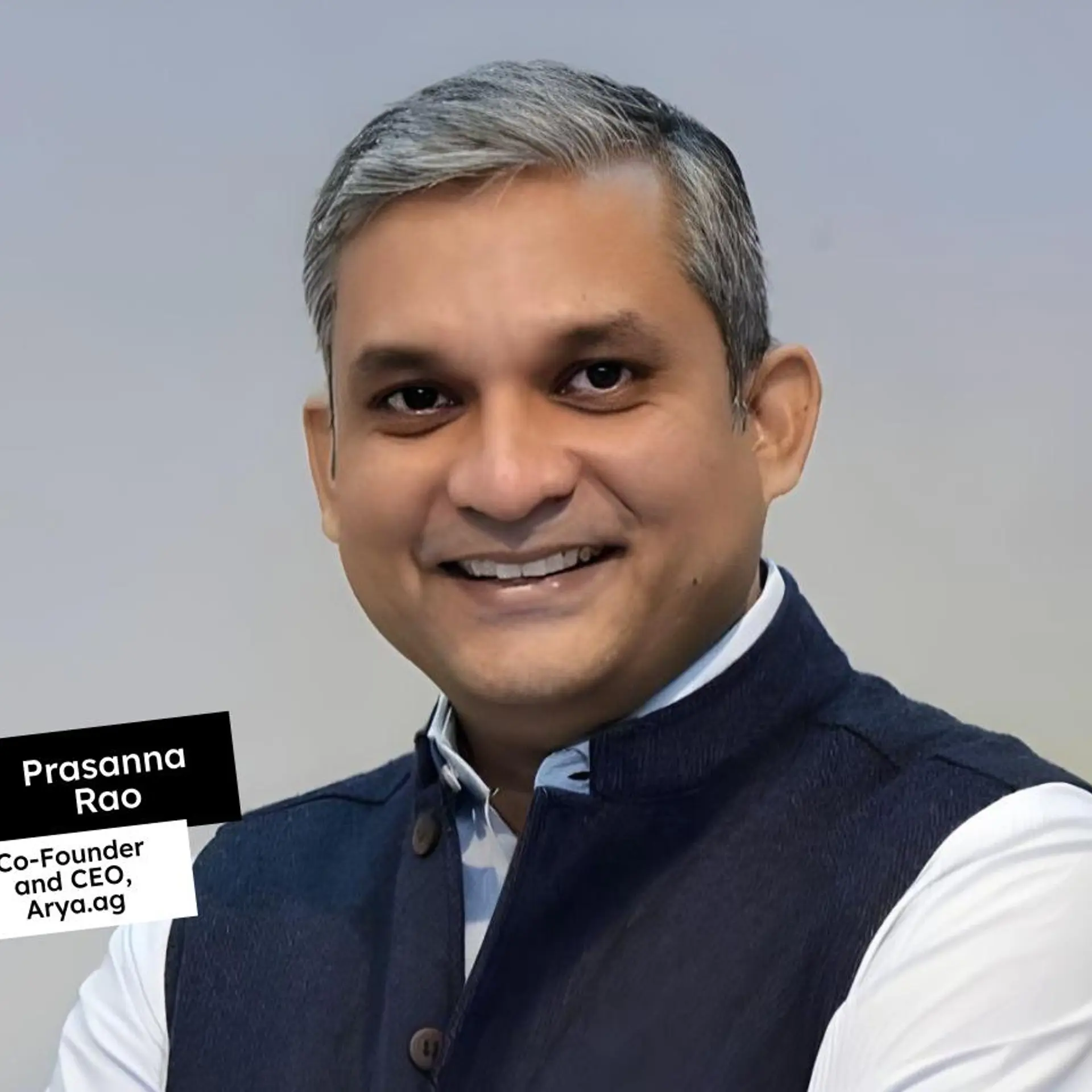'Nearly 80 pc VCs I wrote to rejected me' tweets OYO Founder Ritesh Agarwal
In a tweet, OYO Founder and Group CEO Ritesh Agarwal advised entrepreneurs that they are going to face rejection most of the time, and they should get used to it. He said that during his early days at OYO, nearly 80 percent of the VCs rejected him.
Hospitality unicorn , which has so far has raised more than $4.1 billion from the likes of SoftBank, was rejected by 80 percent VCs initially, said OYO Founder and Group CEO, Ritesh Agarwal.
In a tweet, he advised entrepreneurs that they are going to face rejection most of the time, and they should get used to it. He recalled that during his early days at OYO, nearly 80 percent of the VCs rejected him.

Ritesh Agarwal
ALSO READ

OYO was started in 2013 by Ritesh Agarwal, who began his entrepreneurial journey with one hotel in Gurugram. The hospitality major now has properties comprising more than 43,000 hotels with over one million rooms. Through its vacation homes business, the company offers travellers and city dwellers access to over 130,000 homes around the world. OYO today operates in over 800 cities in 80 countries.
The hospitality unicorn, which recently raised Term Loan B (TLB) funding of $660 million from global institutional investors, said that it was the first Indian startup to be publicly rated by Moody's and Fitch, two of the leading international rating agencies. Fitch and Moody’s rated OYO’s senior secured loan B and B3 (stable outlook), respectively, on the back of the company’s sound business model and resilient financial profile with significant potential upside.
This was a milestone transaction as OYO became the first Indian company to raise capital through the TLB route, it said. The startup said it will use the fresh funds to retire its past debts, strengthen the balance sheet, and for other business purposes, including investment in product technology.
Edited by Megha Reddy







